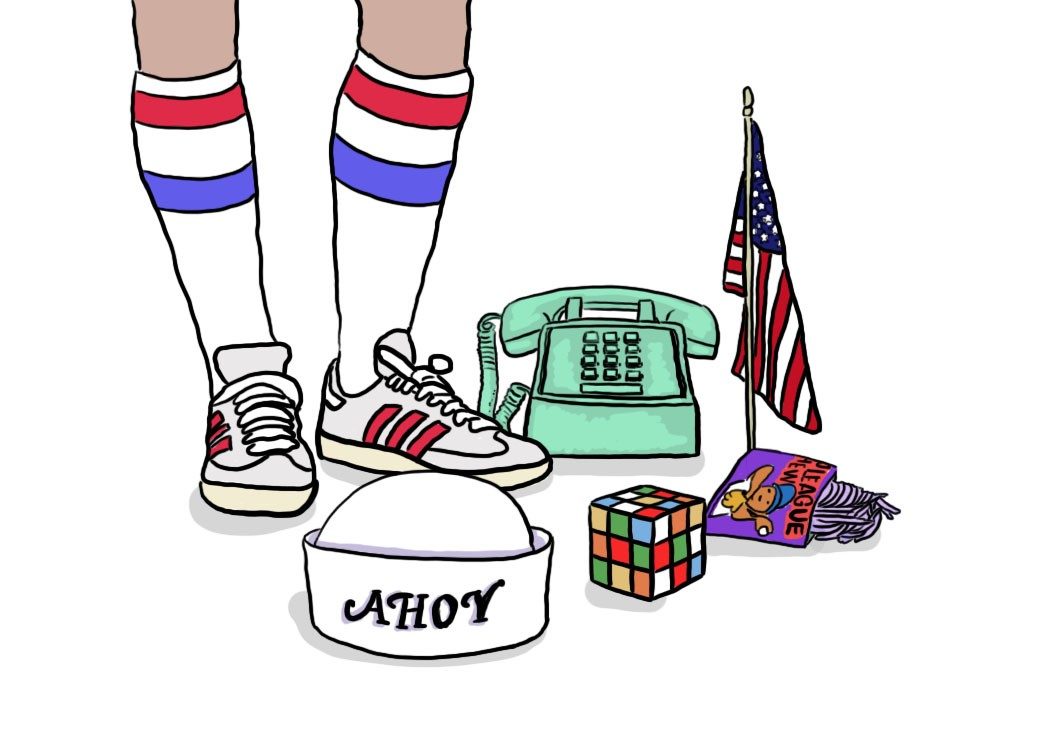Column: What Stranger Things teaches us about the American identity
Whether it’s the hit Netflix series Stranger Things or the recent horror movies based on Stephen King’s novel It, American consumers seem to have a deep fascination with entertainment revolving around American 1980s-style aesthetics and themes. It seems strange that this particular time period garners so much interest, and it begs the question as to why.
Looking beyond the eccentric clothing and pop-style imagery of the 80s, the time period’s difference from twenty-first century America is stark. Both Stranger Things and It transport viewers to the 80s as seen by the respective show’s main characters, many of whom are teenagers. Although directed and produced by different storytellers, the films share a common theme.
There are many distinct elements within these shows that are unique to American culture. Whether it be bike-riding, ice cream shops or childhood shenanigans, these shows present a cohesive narrative about the American experience in the 80s. Life as presented in these shows had its own distinct culture and national identity, and the popularity of these shows is indicative that this is something modern Americans yearn for.
The United States’ focus on individualism and globalization has led to many great things. It is essentially the foundation of free-market industrialism and has led to diversity in thought, behavior and production. However, our hyper-focus on individualism has had unforeseen consequences. It has led to the death of a common American identity. When one thinks about most cultures throughout the world, there are tangible elements that can be associated with them. This is no longer the case for America.
We often talk about the importance of diversity, but fail to recognize that diversity is only possible if people are different. Mike Featherstone, an English sociologist at Goldsmiths, University of London, states in his book “Undoing Culture: Globalization, Postmodernism and Identity” that a key feature of globalization is that “heterogeneous cultures become incorporated into a dominant culture which eventually covers the whole world.”
As globalization marches forward, cultural differences and backgrounds will start to melt together, which leads to a more homogeneous and individual-focused world. All of this will be paid for with the death of culture and identity.
The need to participate in cultural groups is a fundamental need among humans, and shows like Stranger Things are a reminder of a time in which such a feature was part of the fabric of America.

